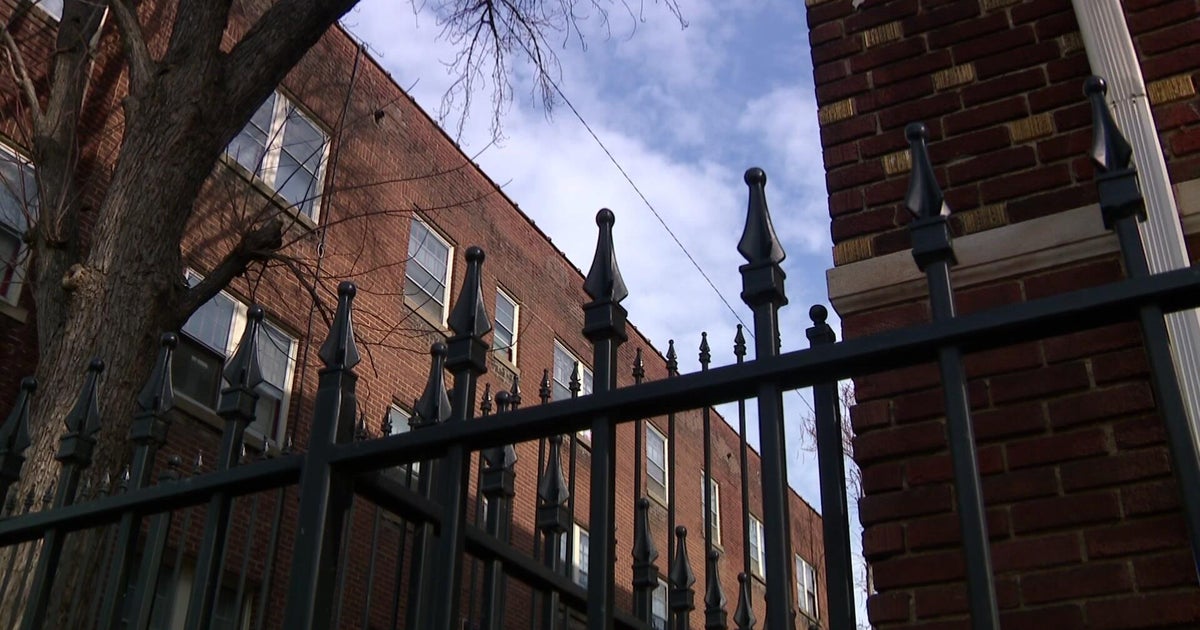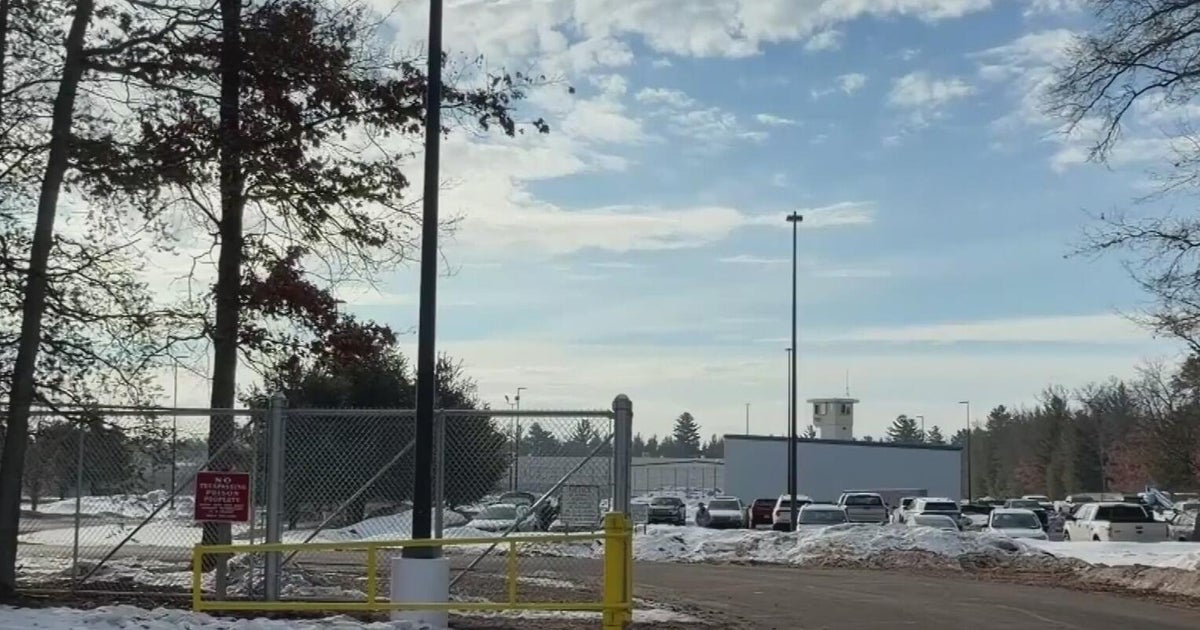Representative Cori Bush sleeps outside Capitol to protest end of eviction freeze: "I know what it's like"
Congresswomen Cori Bush, Ilhan Omar and Ayanna Pressley slept outside the U.S. Capitol on Friday night in protest of the end of the eviction moratorium. The moratorium, which was enacted by the Centers for Disease Control and Prevention, is set to expire Saturday night, at midnight.
After staying the night outside the Capitol, Bush tweeted on Saturday morning and urged President Biden to extend the moratorium, House Speaker Nancy Pelosi to reconvene the House for a vote and Senator Chuck Schumer to extend the moratorium in the Senate.
"It's not OK to just sit back and allow 7 million people, possibly upwards of 7 million people to be at risk for eviction in a little more than 24 hours," she told CBS News affiliate WUSA at the Capitol overnight. "We can't just sit back and allow that. As a sitting member of Congress, it's our duty— it's my duty, to make sure that I'm representing everyone in my district."
The decision to stay at the Capitol overnight came after Bush penned an emotional letter to her colleagues on Friday, urging them to not leave for August recess until the moratorium was extended.
"I have been evicted three times myself. I know what it's like to be forced to live in my car with my two children," she wrote. "Now that I am a member of Congress, I refuse to stand by while millions of people are vulnerable to experiencing that same trauma that I did."
She told her congressional colleagues that if they do not act immediately, "the fallout of the eviction crisis will undoubtedly set us backwards."
"After the loss of nearly 600,000 Americans due to this pandemic, lawmakers need to be held to the highest levels of accountability to enact legislation that protects human life," she said. "Extending the federal eviction moratorium as quickly as possible is the least we can do for those in our communities who need our help the most."
"Many of my Democratic colleagues chose to go on vacation early today rather than staying to vote to keep people in their homes," Bush tweeted from the Capitol in the middle of the night on Friday. "I'll be sleeping outside the Capitol tonight. We've still got work to do."
The July 31 deadline is already an extension of the eviction freeze, and the CDC said last month that it will be the last. But the end of the moratorium comes as the majority of households in the U.S. that could face eviction are also in COVID-19 hotspots, raising an alarm among housing advocates.
Of the 6.5 million households behind on rent as of early July, 4.7 million of them were in COVID hotspots, according to Paul Williams, a housing policy researcher and a fellow at the Jain Family Institute.
But some states are working independently from the federal government to protect renters, at least temporarily. Illinois and New York have protections in place through the end of August. In New Jersey, renters are protected until 2022.
Congress had provided $46 billion of rental assistance to tenants so they could pay their rent and bills, but many localities have been slow to distribute the funds. By the end of June, tenants had received just $3 billion.
Senator Elizabeth Warren addressed the situation on the Senate floor on Saturday, as Senators met in a rare session to address the plan for an infrastructure bill.
"We are only hours away from a fully preventable housing crisis," Warren said. "Let me be very clear, it is the right short term action. It is how we keep families safely in their homes."
She later joined Bush outside the Capitol, where she added that the middle of a pandemic is not when people should be couch surfing or sleeping on park benches.
"You want people in their homes," she said.
Those facing eviction have told CBS News they are "terrified" of what's to come. Lavita Harvey is a mother of two who lost both of her jobs during the pandemic and can't pay her rent. She's applying for jobs, but said the offers are coming in very slowly.
"It's the hardest thing to see in the world when you know that you're a single mother and you have no one to turn to, you'll be homeless," she said.
On Wednesday, Bush introduced the Unhoused Bill of Rights to end the homeless crisis by 2025. The bill would increase affordable housing, provide universal housing vouchers and increase funding to federal housing programs, shelters, programs and social services. It would also support "historic federal funding levels" for state and local governments to provide 24-hour service for those without shelters.
The problem is one the Congresswoman says she knows all too well.
In an op-ed for Time Magazine published Friday, Bush described what it was like living in her car with her 6-month-old daughter and 1-year-old son.
"I had never realized St. Louis could get this cold in September," the Congresswoman wrote. "I fought sleep, my eyes watering from exhaustion. What if my babies got too cold and I didn't wake up?"
Bush wrote that the U.S. has a "deeply rooted misconception" that those without homes have done something to deserve the situation.
"The reality is that unhoused people are living the consequences of our government's failure to secure the basic necessities people need to survive. Many unhoused people work full time but earn starvation, unlivable wages. Some struggle to access mental health services or substance use treatment," Bush wrote, "making earning a consistent and stable wage nearly impossible."
Bush has announced her intention to continue her protest, calling for demonstrators and her fellow Democratic lawmakers to appear outside the Capitol at midnight Saturday, when the moratorium expires.
Lauren Peller contributed to this report.



